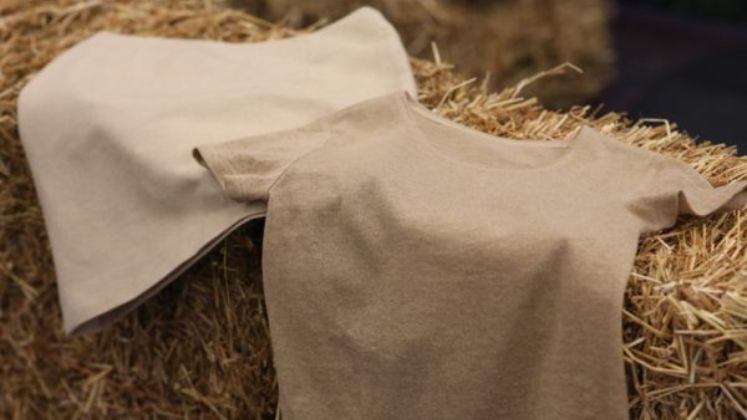
As per a study documented in RSC Sustainability (Royal Society Of Chemistry), researchers have explored a new approach to using cellulose fibre manufacturing. The study highlighted the use of waste products from agriculture, which Sweden has in abundance.
Taking a leap from commonly researched wood-based cellulose, the researchers instead focussed on products including oat husks, potato pulp, wheat straw, and sugar beet pulp to create dissolving pulp for clothes – a key ingredient in making textiles.
In this regard, Diana Bernin, Assistant Professor at the Department of Chemistry and Chemical Engineering at Chalmers University of Technology and senior researcher in the study, mentioned this study, which is centered on generating textile from waste products, as a significant step in creating a circular economy. She also added that these waste products are more beneficial than using cotton, which is not climate-friendly and as for the wood, she stressed on the importance of preserving for the betterment of the climate and planet.
For the research conducted by the team, soda pulping was incorporated to add the sustainability quotient in the process. The raw materials taken for the study were boiled in lye, which is a strong alkaline solution. Speaking about using lye in the process, Bernin explained that lye was used as it is free of toxins and other elements that can be potentially harmful to nature. She also talked about soda pulping and said that while this pulping doesn’t complement with the wood fibres, this pulping, she added, worked well with agricultural waste like oat husks, as such wastes are easier to break down into pulp, thereby reducing the usage of chemicals.
Bernin further remarked that the process was less complicated as it eliminated processes including debarking and chipping. Additionally, she also noted that using oat and wheat leftovers for cellulose extraction also increases its economic value.
With this study on dissolving pulp, the researchers are also doing an ongoing study on developing fibres made from the press-cake from grass and wheat, which is yet to be published. In this context, Joanna Wojtasz, lead author of this study and also a researcher at the sustainable tech company Tree To Textile – a partner in the project, spoke about the potential of agricultural waste in the textile industry and also highlighted the importance of using this kind of cellulose stream for clothing.






